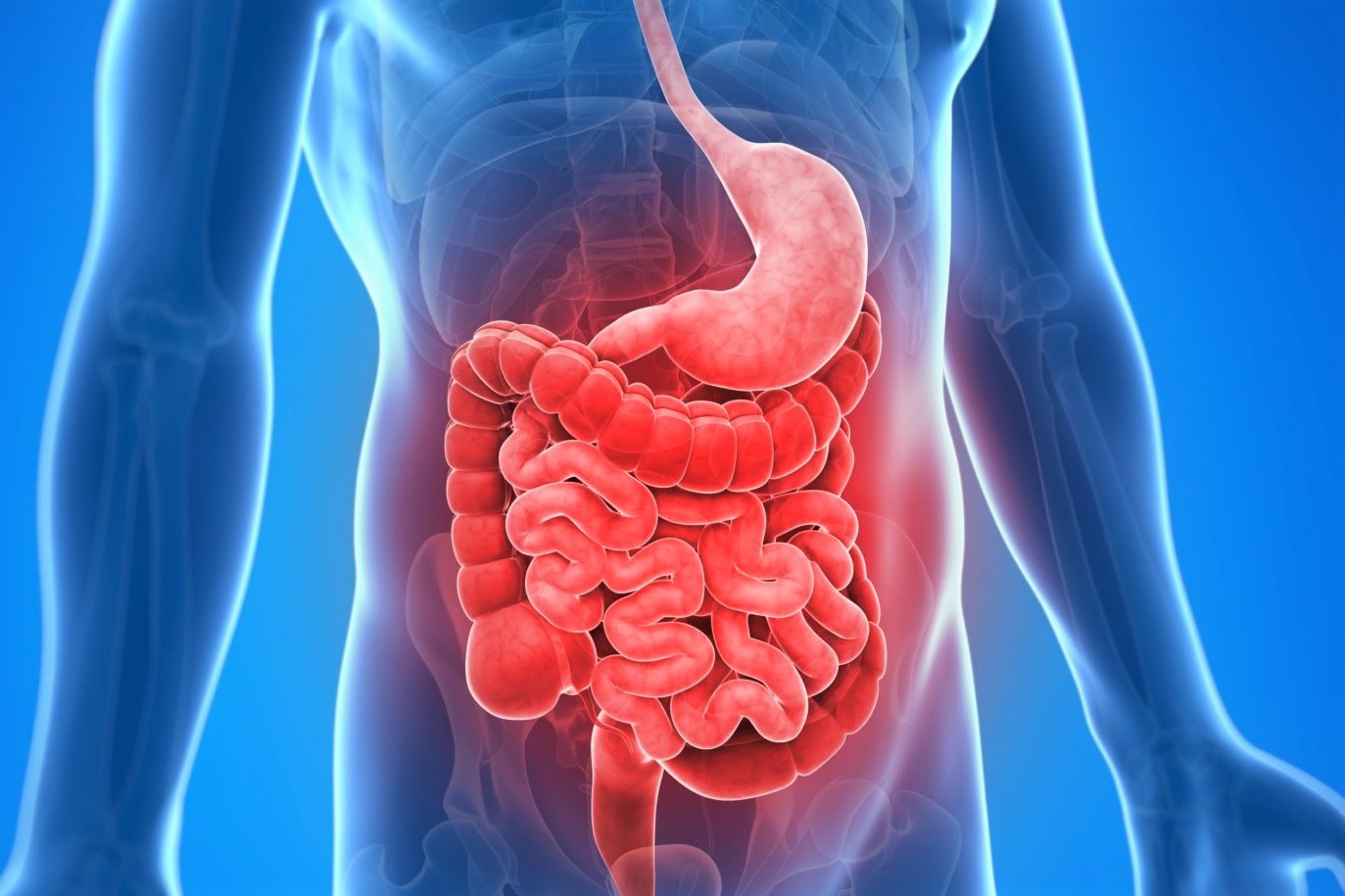
Crohn's disease or irritable bowel syndrome?
Initially known as “Crohn’s disease”, what we now more correctly call Crohn’s disease, to emphasise that it is not a contagious disease, typically occurs in individuals who have, due to a genetic predisposition, an abnormal immune response to the bacteria present in the intestine
This process leads to the generation of ulcers, which in turn lead to the appearance of specific symptoms.
The diagnosis of Crohn’s disease, for this reason, can never be early from a biological point of view, because it occurs when the patient already has these symptoms due to intestinal damage already in progress.
Crohn’s disease or irritable bowel: what are the symptoms?
Crohn’s disease has certain symptoms similar to irritable bowel syndrome, which is not, however, caused by a frank inflammatory process.
For this reason it is important to always refer to one’s general practitioner, or to refer to reference centres able to carry out a series of useful diagnostic procedures to distinguish between the two pathologies.
In Crohn’s disease in particular, symptoms such as fever or nocturnal diarrhoea, typical of inflammatory diseases, may occur, but are absent in irritable bowel syndrome.
If Crohn’s disease is suspected, the specialist will prescribe diagnostic tests such as blood tests, stool tests and instrumental tests, including a colonoscopy.
Prior to certain examinations it is necessary to perform purges to prepare the colon for proper visualization, but today there are several low-volume purges, so that only one litre of solution is needed to achieve the desired effect.
Treatment for Crohn’s disease
Once the disease has been characterised, treatment must be started promptly, otherwise, as the disease progresses, there is a risk of developing intestinal damage that can only be resolved by surgery.
The most effective treatments are the latest generation of biological drugs.
These are monoclonal antibodies which are administered by subcutaneous injections or intravenous infusions and make it possible to specifically neutralise the substances produced by inflammation.
If these therapies are successful, the patient can return to a perfectly normal life while maintaining treatment over time.
Read Also:
Emergency Live Even More…Live: Download The New Free App Of Your Newspaper For IOS And Android
Crohn’s Disease: What It Is And How To Treat It
Wales’ Bowel Surgery Death Rate ‘Higher Than Expected’
Irritable Bowel Syndrome (IBS): A Benign Condition To Keep Under Control
Colitis And Irritable Bowel Syndrome: What Is The Difference And How To Distinguish Between Them?
Irritable Bowel Syndrome: The Symptoms It Can Manifest Itself With


